The Law on Organization of People’s Procuracies 2014 was approved on November 24, 2014 by the 13th National Assembly of Vietnam, consisting of 6 chapters, 101 articles. The Law continues to more clearly affirm the position of the People's Procuracy as a Constitutional institution in the state apparatus, with the task of protecting the Constitution and laws, protecting human rights and citizens' rights, and has many new contents compared to the current Law.
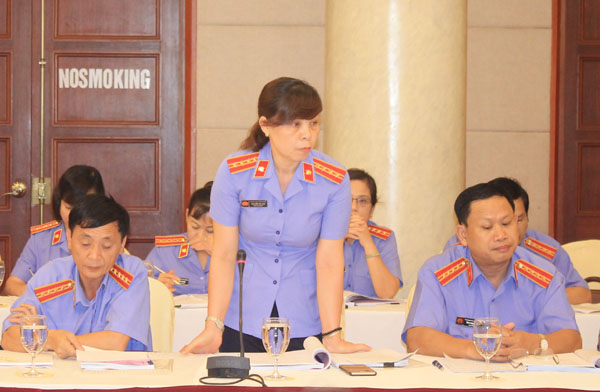
The Law on Organization of People’s Procuracies 2014 of Vietnam further affirms the position of the People's Procuracy as a Constitutional institution in the state apparatus, with the task of protecting the Constitution and law, protecting human rights and citizens' rights. With the function of exercising the right to prosecute and supervise judicial activities, the People's Procuracy is determined to be the institution that supervises judicial activities, responsible for coordinating, concurrently, closely and regularly supervise the Investigation Agency, the Court, the Enforcement Agency and other agencies in carrying out judicial activities to ensure that judicial activities are carried out in accordance with the law, all violations of the law are detected and handled promptly and strictly.
The Law on Organization of People’s Procuracies 2014 of Vietnam expands the authority of the investigation agency of the People's Procuracy both in terms of the type of crime and the subject committing the crime. According to current Law, the investigation agency of the Supreme People's Procuracy and the Central Military Procuracy investigation agency only investigate certain types of crimes infringing on judicial activities in which the offenders are officers of judicial agencies. According to the Law on Organization of People’s Procuracies 2014 of Vietnam, the investigation agency of the Supreme People's Procuracy and the Central Military Procuracy investigation agency not only investigate crimes that violate judicial activities but also investigate corruption and position crimes that occur in judicial activities where the offenders are officials of the investigation agency, courts, procuracy, judgment enforcement agencies, and persons competent to conduct judicial activities.
The Law on Organization of People’s Procuracies 2014 of Vietnam also clearly defines cases where the Procuracy exercises the right to protest or petition. People’s procuracies shall protest against acts, judgments or decisions which are committed or made by competent agencies or persons in judicial activities and involve serious violations, infringing upon human rights, citizens’ rights, interests of the State or lawful rights and interests of organizations and individuals. The Procuracy exercises the right to make recommendations in cases where the acts and decisions of agencies, organizations and individuals in judicial activities violate less serious laws or when it is discovered that relevant agencies or organizations have loopholes or shortcomings in management activities. The Law also clearly stipulates the responsibilities and obligations of agencies, organizations and individuals in resolving and responding to recommendations of the People's Procuracy, ensuring effectiveness and efficiency when the People's Procuracy exercises these rights in practice.
The Law on Organization of People’s Procuracies 2014 of Vietnam also further clarifies the principle of "centralizing and unifying leadership in the industry" and clarifies the content “when exercising the power to prosecute and supervise judicial activities, procurators shall observe law and submit to the direction of chief procurators of people’s procuracies” in the spirit of the Constitution 2013 of Vietnam. To be specific: The Law on Organization of People’s Procuracies 2014 clarifies the relationship between the Chief Procurator of the People's Procuracy at a higher level and the Chief Procurator of the People's Procuracy at a lower level and vice versa through specific regulations on the duties and powers of the Chief Procurator of the People's Procuracy at all levels. Concurrently, this Law clarifies the content “when exercising the power to prosecute and supervise judicial activities, procurators shall observe law and submit to the direction of chief procurators of people’s procuracies” as follows: Procurators shall observe decisions of chief procurators of their people’s procuracies. When having grounds to believe that a decision of the chief procurator of his/her people’s procuracy is illegal, a procurator may refuse to perform the assigned duty and shall report such in writing to the chief procurator. In case the chief procurator determines to execute the decisions, he/she shall issue a written decision thereon and the procurator shall execute the decision but is not held responsible for any arising consequences and, at the same time, shall report the case to the chief procurator of the competent higher-level people’s procuracy. The chief procurator shall take responsibility before law for his/her decision.
The Law on Organization of People’s Procuracies 2014 of Vietnam stipulates 4 levels in the people’s procuracy system, including: Supreme People’s Procuracy; Superior people’s procuracies; Provincial-level people’s procuracies; District-level people’s procuracies. Superior people’s procuracy is a new level of procuracy, tasked with exercising the power to prosecute and supervise judicial activities related to cases and matters falling under the jurisdiction of superior people’s courts; Organizational structure of a superior people’s procuracy includes the supervisory committee, the office and institutions and equivalent units. According to the Law on Organization of People’s Procuracies 2014 of Vietnam, the organizational structure of a district-level people’s procuracy consists of an office and divisions. District-level people’s procuracies which have no conditions for establishment of divisions may have working sections and assisting apparatuses. This Law supplements regulation on the authority of the Procuracy Committee to recruit qualified people to take the exam for Procurator ranks; for cases and matters, the Procuracy Committee only has an advisory role at the request of the chief procurator; It is also clearly stipulated that when deciding on issues within its authority, the Procuracy Committee must issue resolutions; According to the Law on Organization of People’s Procuracies 2014 of Vietnam, in case the Chief Procurator of the Supreme People’s Procuracy disagrees with the majority of members of the Supervisory Committee, he/she shall still comply with decisions of the majority without the right to report to the National Assembly Standing Committee or the President. In other procuracies, in case the Chief Procurator disagrees with the majority of members of the Supervisory Committee, he/she shall still comply with decisions of the majority but may report such to the Procurator General of the Supreme People’s Procuracy.
The Law on Organization of People’s Procuracies 2014 of Vietnam continues to stipulate that the Supervisory Committee has the right to decide on important issues regarding the organization and operation of the People's Procuracy. Particularly for cases and matters, the Supervisory Committee only has an advisory role at the request of the Director. This law also supplements regulation on the authority of the Supervisory Committee to recruit qualified people to take the exam for Procurator ranks, and also clearly stipulates that when deciding on issues within its authority, the Supervisory Committee must issue resolutions.
According to the Law on Organization of People’s Procuracies 2014 of Vietnam, there are 4 ranks of procurators of people’s procuracies (Procurators of the Supreme People’s Procuracy; High-level procurators; Intermediate-level procurators; Primary-level procurators); The number of procurators of the Supreme People’s Procuracy must not exceed 19; Regarding the selection mechanism for Procurators, this Law applies the form of examination for the ranks of senior, intermediate and primary Procurators. Inspector is a judicial position appointed to help the Procurator exercise the right to prosecute and supervise judicial activities and perform tasks and powers as assigned by Chief Procurators.
Regarding assurance of operation of People’s Procuracies, the Law on Organization of People’s Procuracies 2014 of Vietnam specifies that in case the Government and the Supreme People’s Procuracy cannot reach agreement on estimated operation funds of people’s procuracies, the Procurator General of the Supreme People’s Procuracy shall propose the National Assembly to consider and decide on such funds.
Regarding supervision of activities of people’s procuracies, according to Vietnam’s current law, supervision of the National Assembly and the People's Council with the People's Procuracy, and people's supervision with the Procurator. According to the Law on Organization of People’s Procuracies 2014, the National Assembly and National Assembly agencies, deputies and delegations, People’s Councils and People’s Council deputies, and the Central Committee and member organizations of the Vietnam Fatherland Front shall supervise activities of people’s procuracies. This is the institutionalization of the ideology of power control in the Constitution 2013 of Vietnam; clearly stipulate monitoring institutions in the form of representative democracy including the National Assembly, National Assembly Delegates, and National Assembly Delegation; People's Council, People's Council Delegates; regulates monitoring mechanisms through direct democracy and socio-political organizations.
Source: sonla.gov.vn
 Article table of contents
Article table of contents
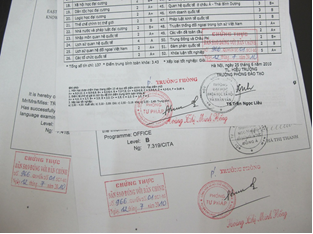
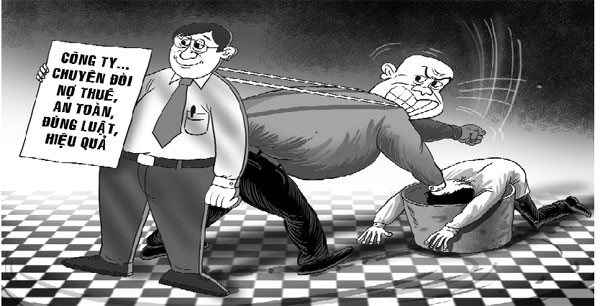
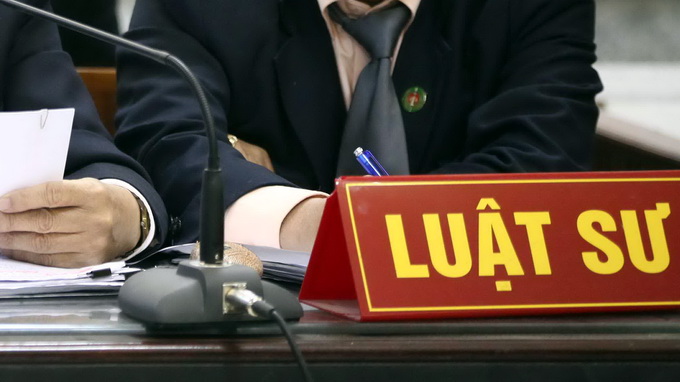
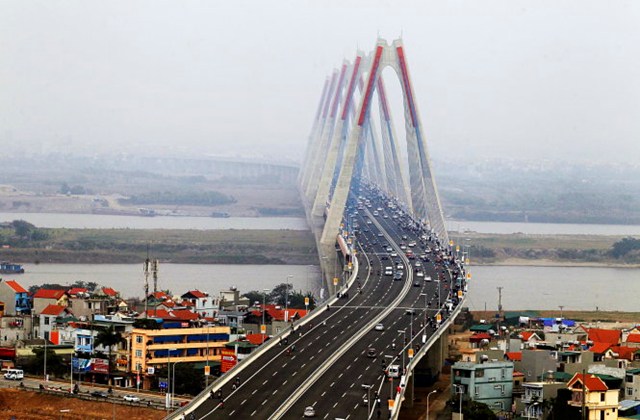
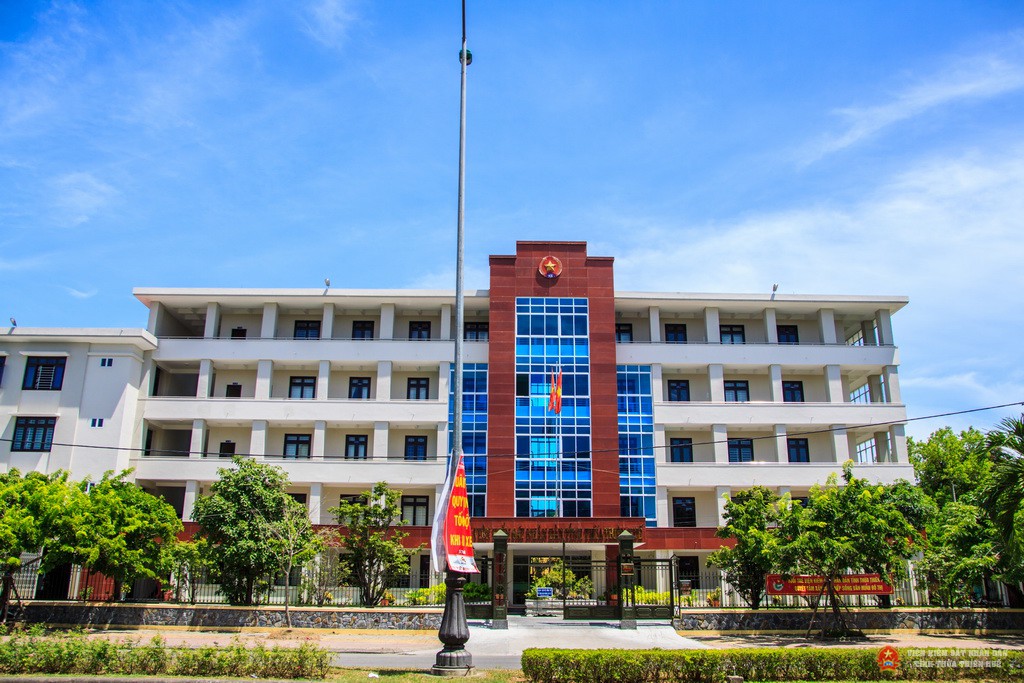
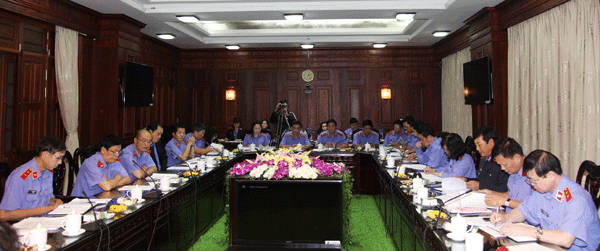
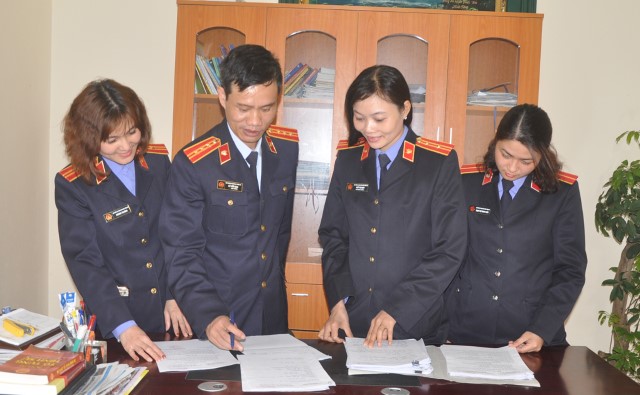
.jpg)
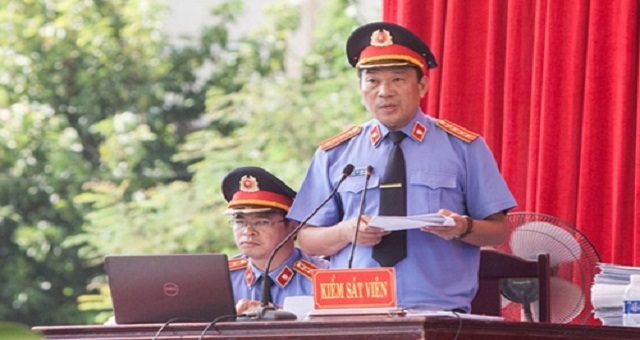

.Medium.png)
.Medium.png)
.Medium.png)
.Medium.png)
